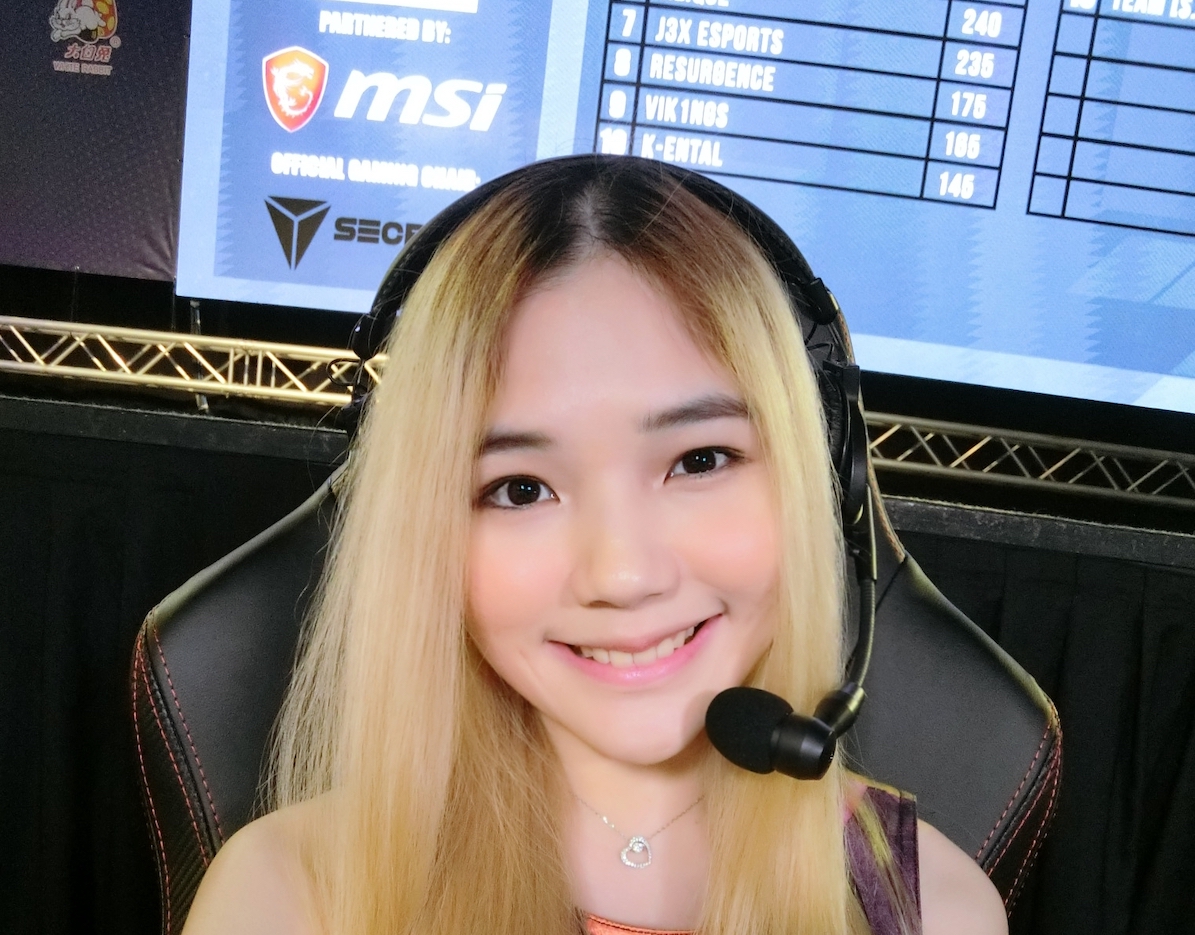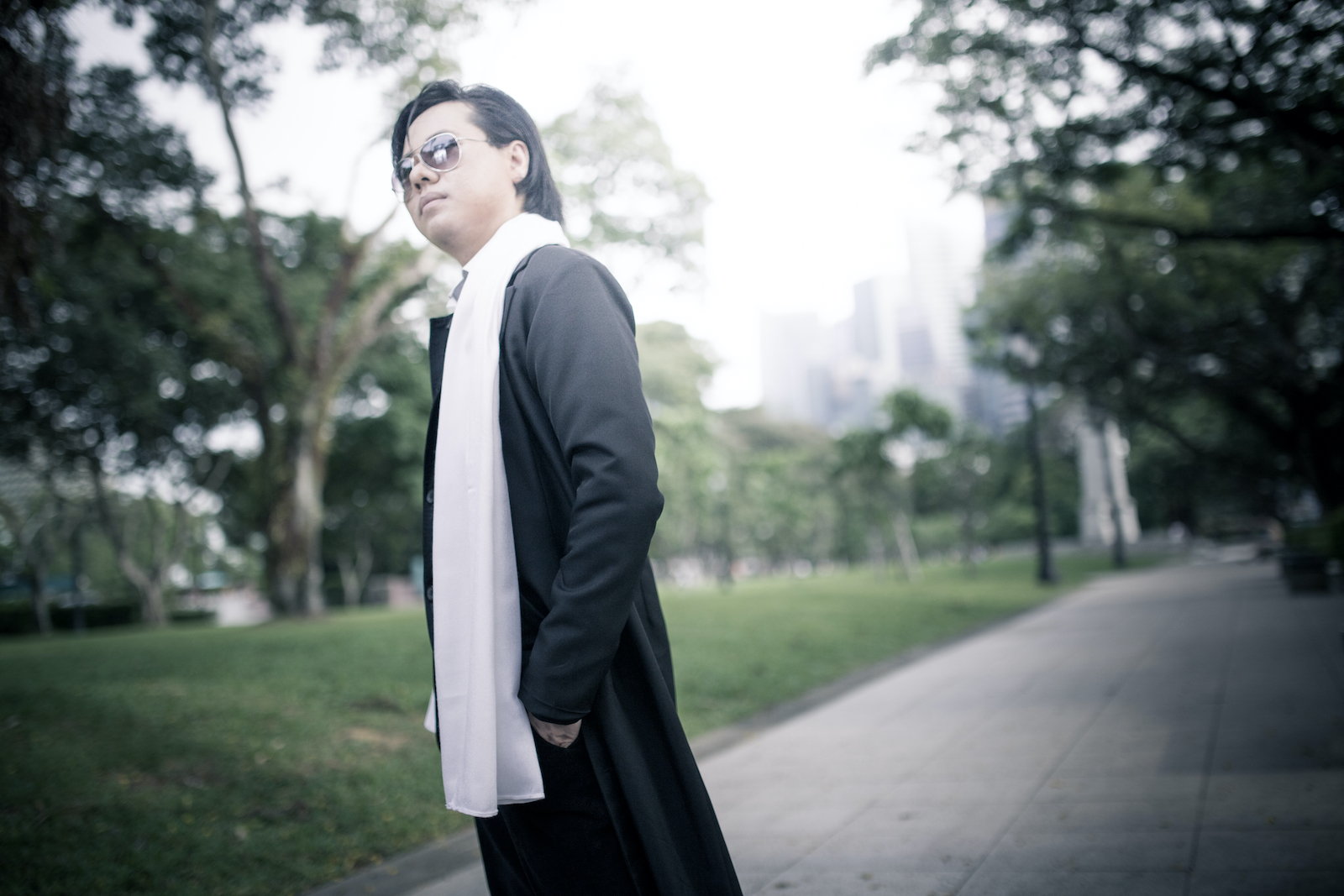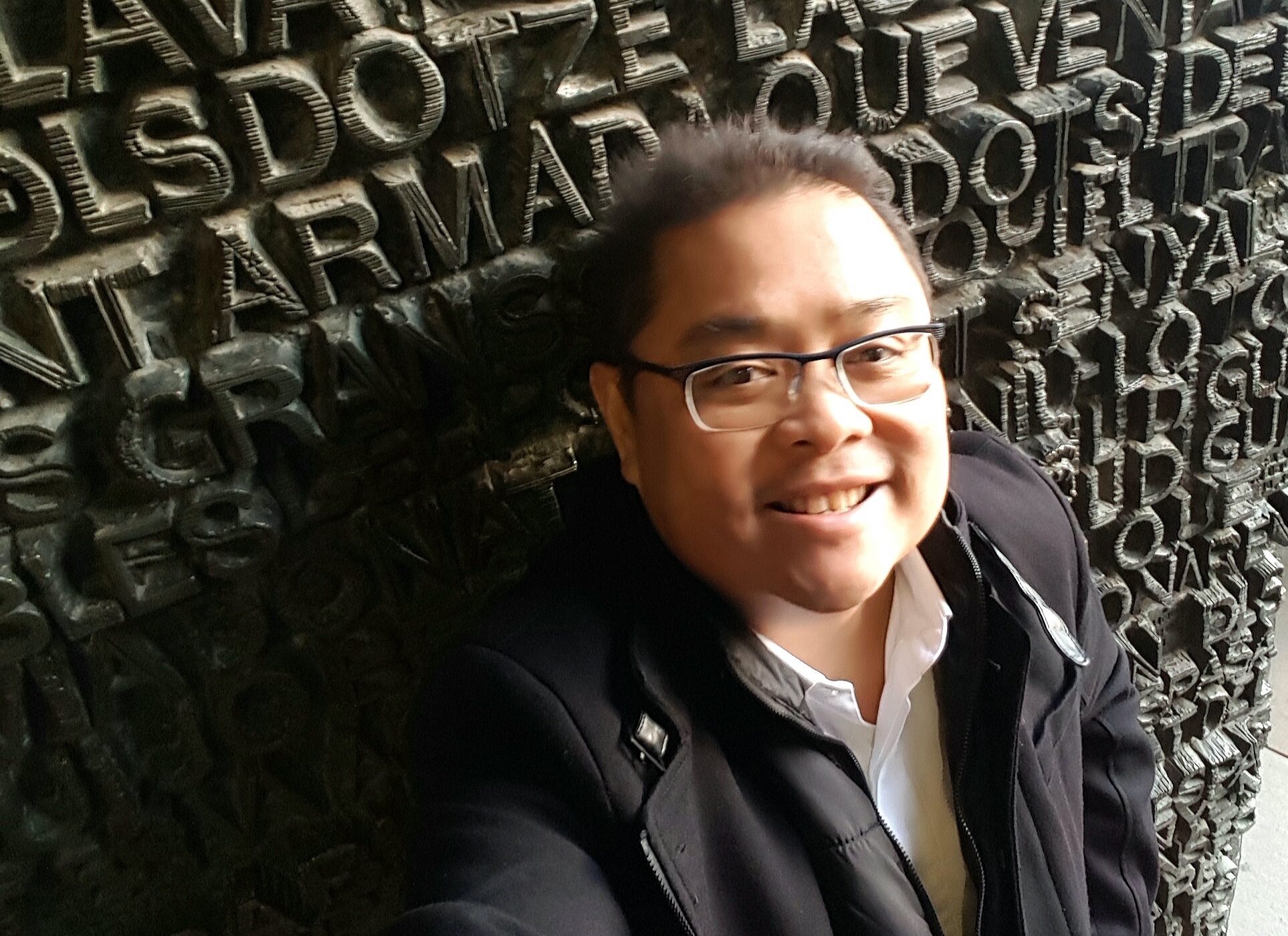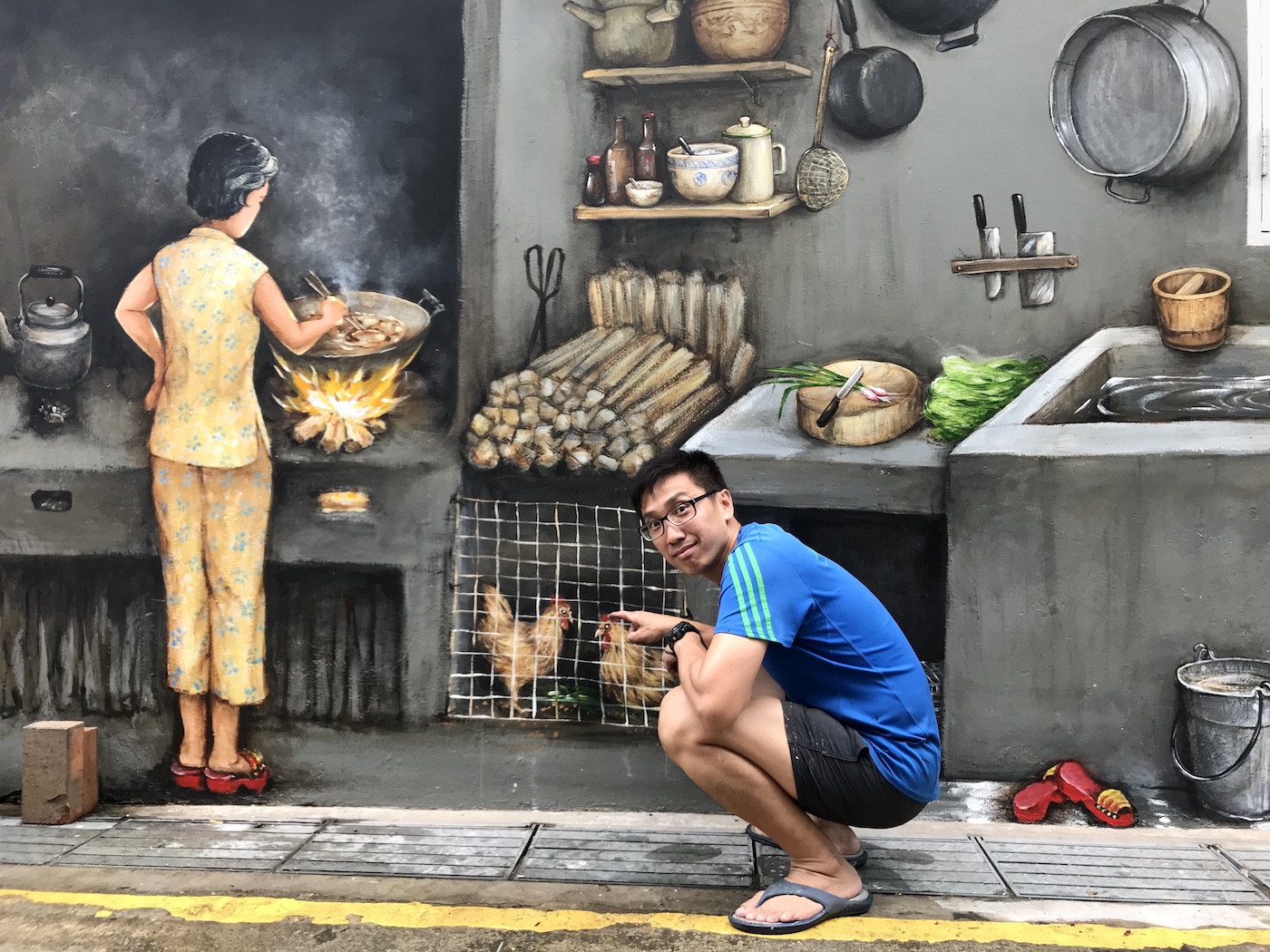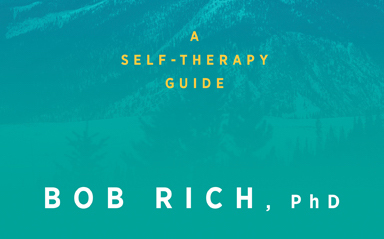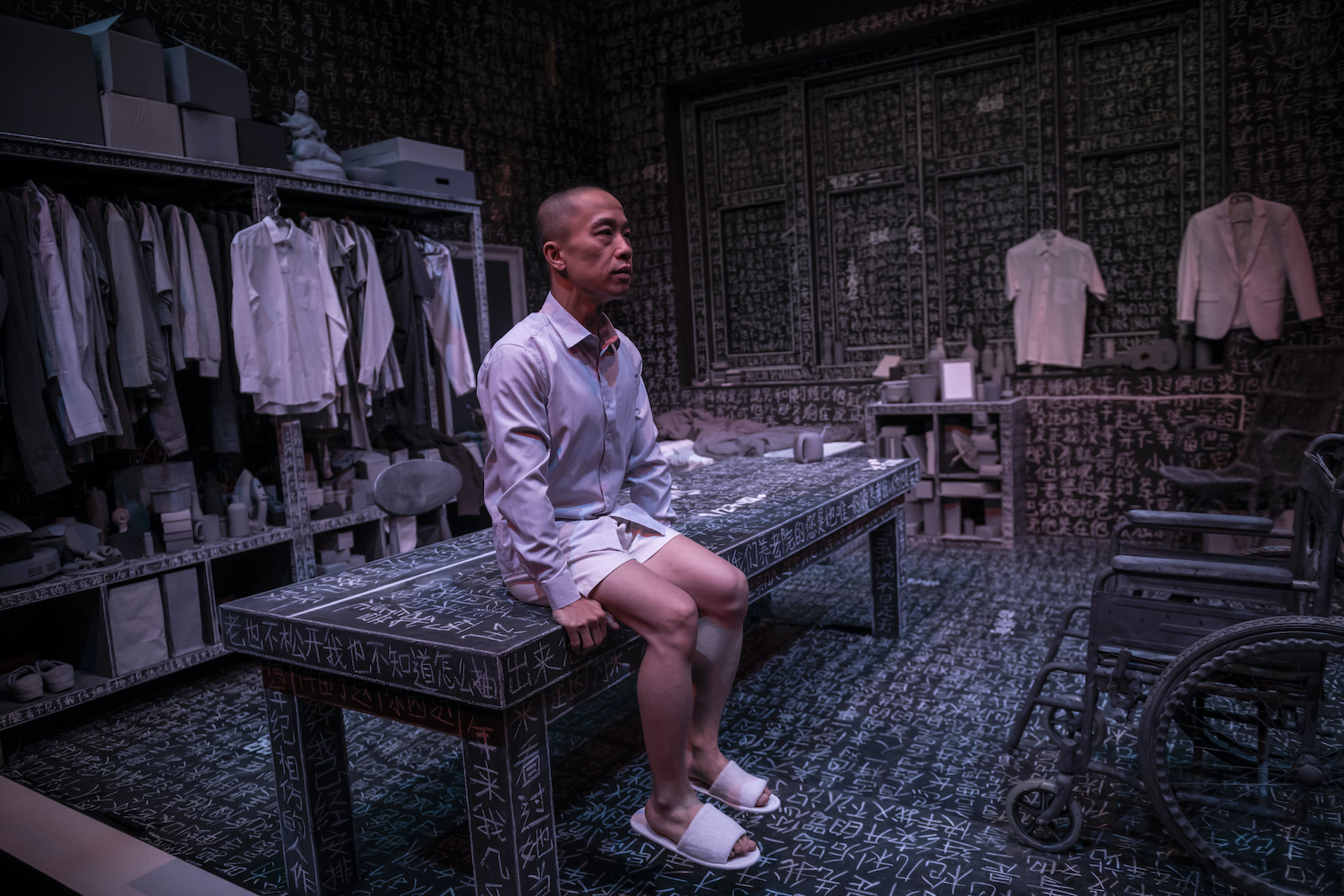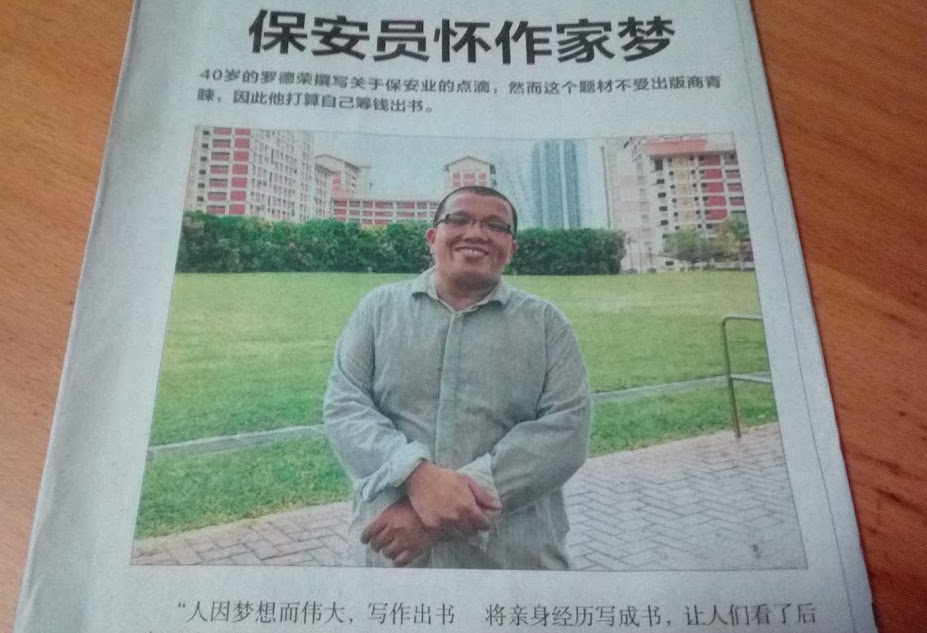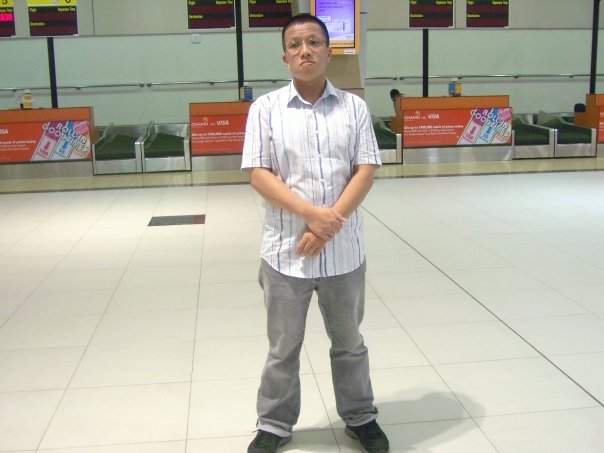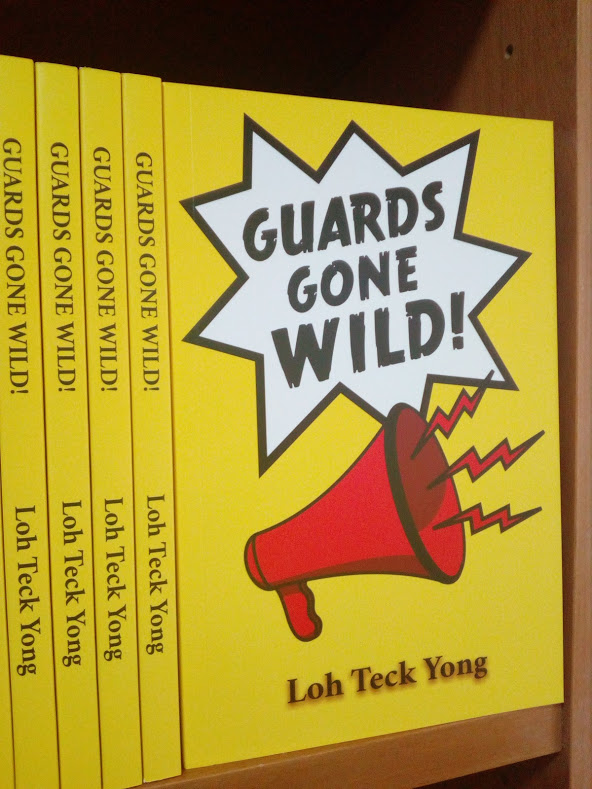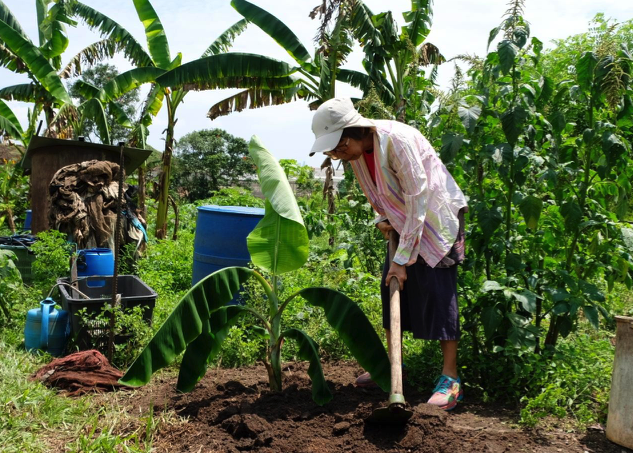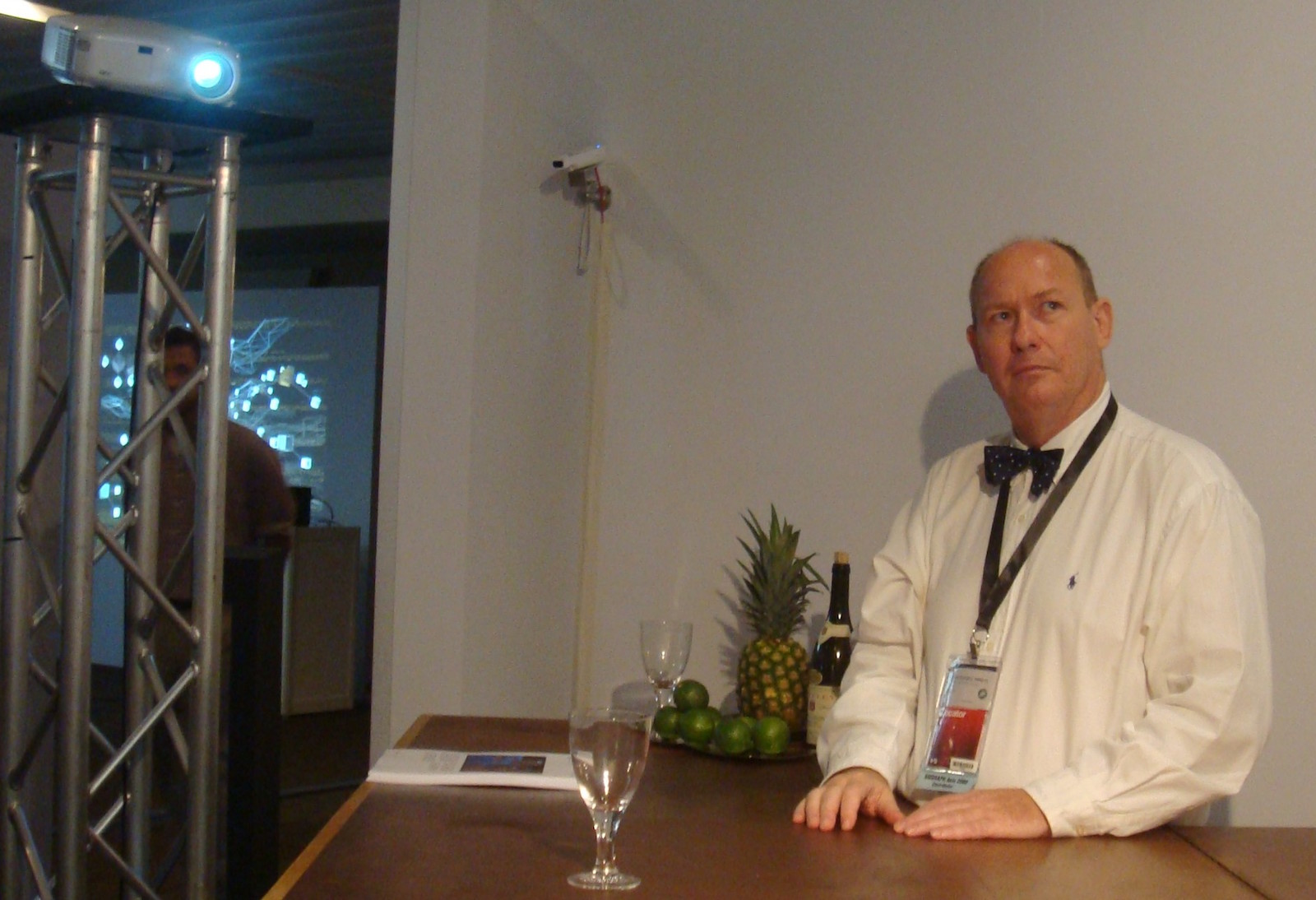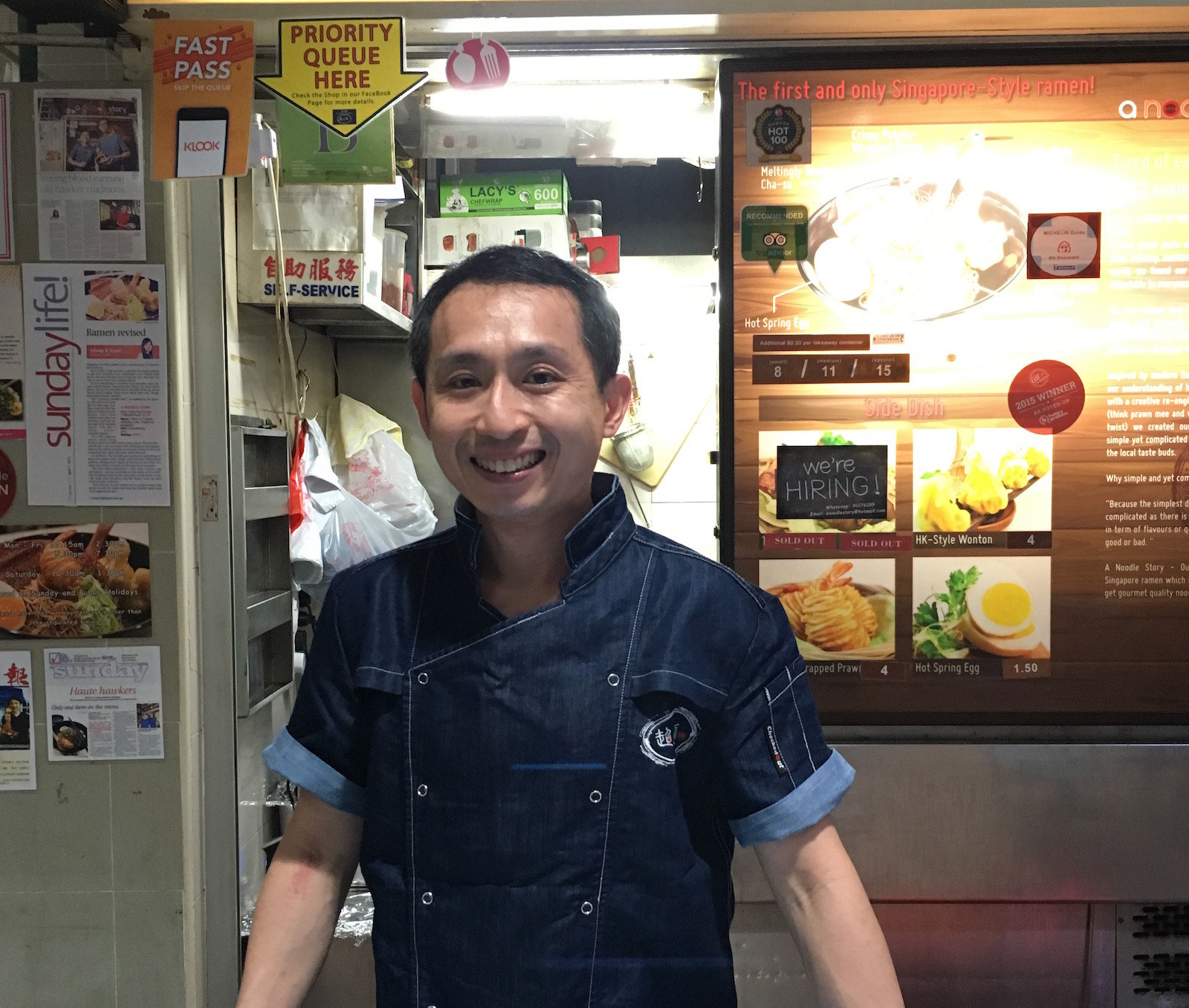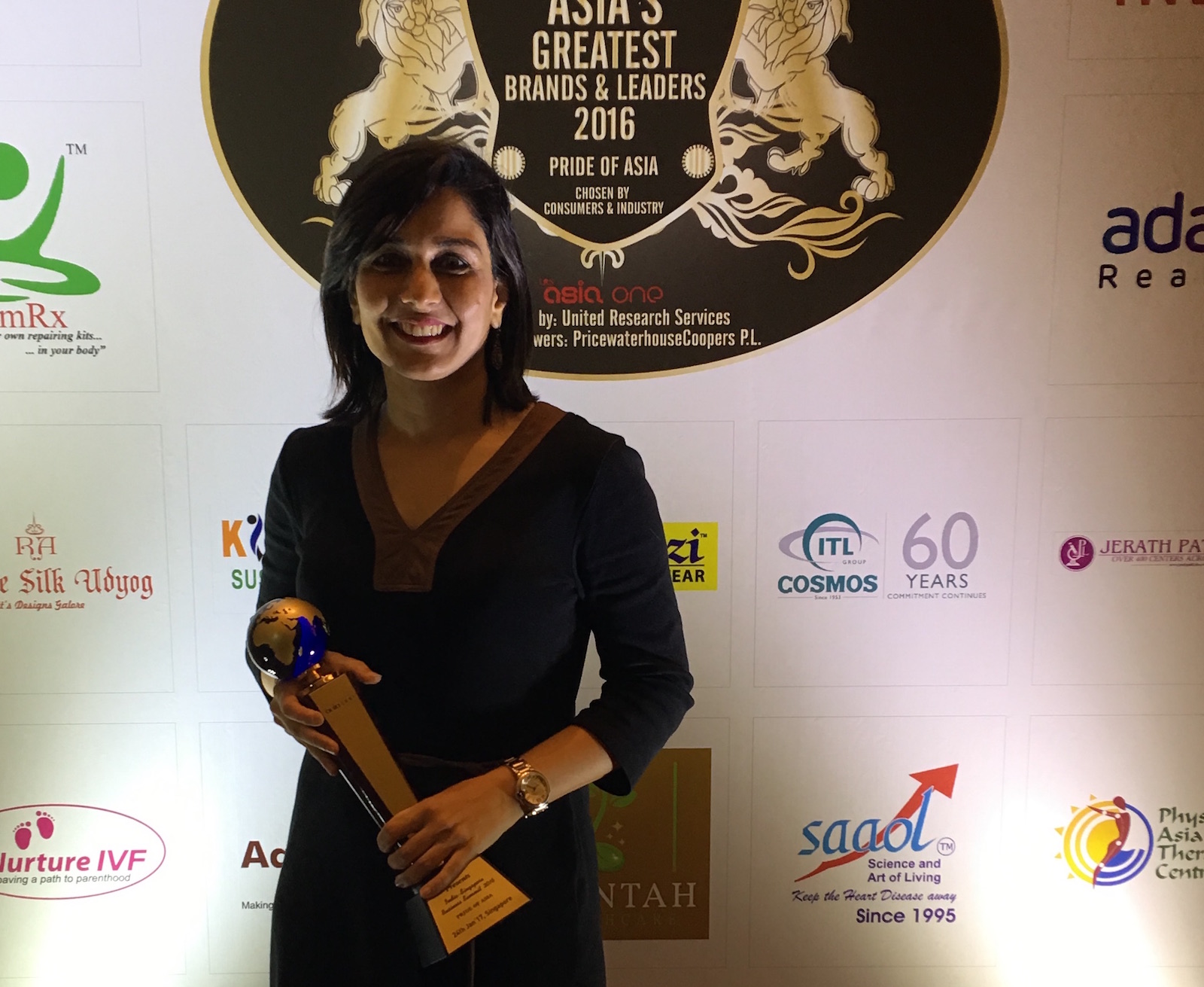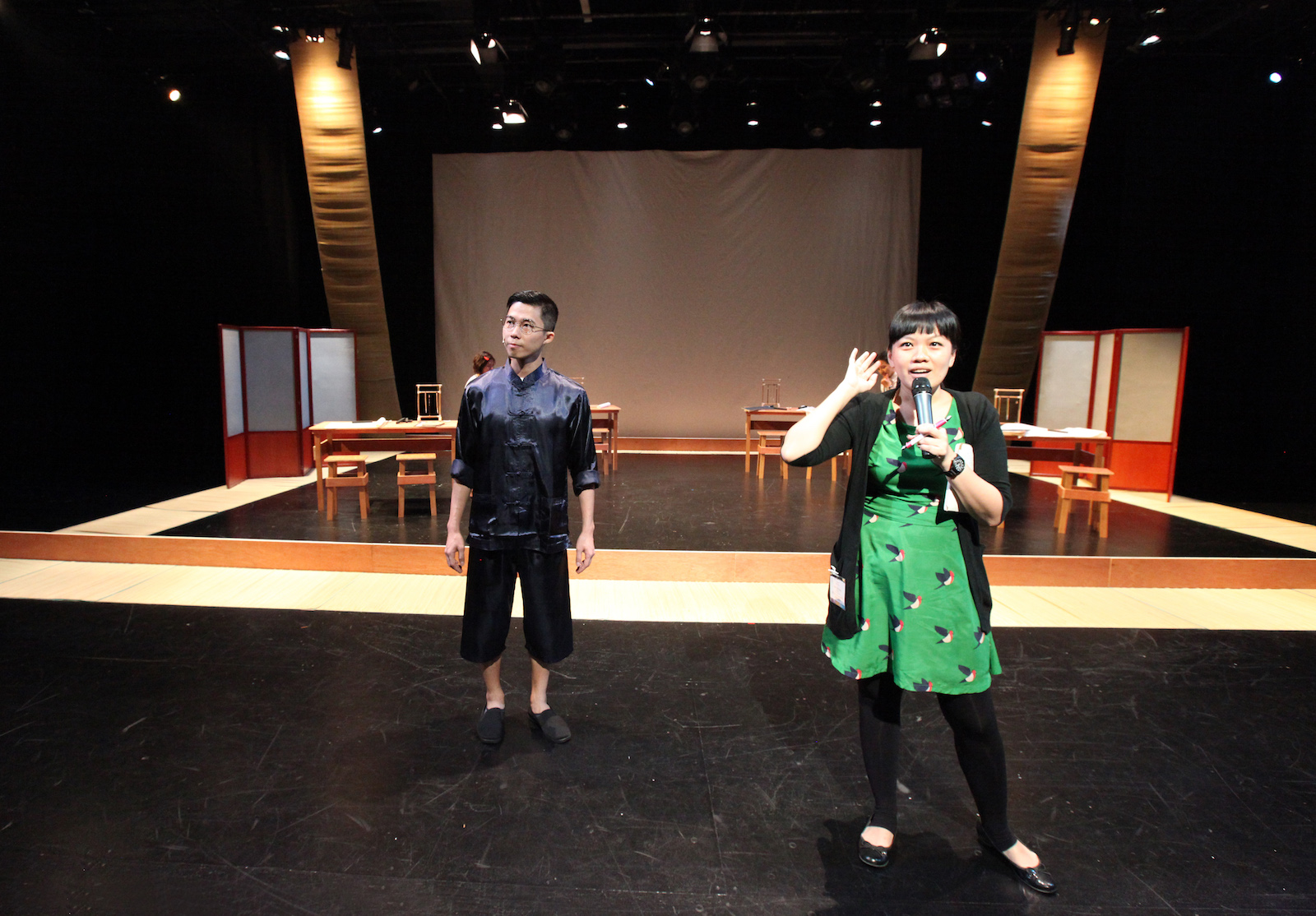Tiffani “Oling” Lim was 22 when she decided to turn away from the careers her studies prepared her for, risk suffering her parents’ wrath and move to a training house in Malaysia to pursue a career in esports. We asked her how she did it and how that fateful decision has since paid off.
“It doesn’t even feel like work, most of the time. It’s like something we may even be willing to do for free, so getting paid on top of that is a bonus.”Q: Hi Tiffani, welcome to LUCK-IT! Could you tell us a little about yourself and how you are involved in the esports industry?
A: Hello! I’m Tiffani, also known as Oling or Babyoling to my friends in the industry. I’ve been in the esports industry for 7 years now, for the past 3 years I’ve been with Battle Arena Malaysia, a high-end esports hub, as their Head of Marketing & PR. I’m also the chairperson of the International Esports Federation’s (IESF) Athletes’ Commission.
For those who don’t fully understand what esports is about, can you explain what it is? What are the roles available in the industry and how big is it?
Esports is a niche industry that was built around gaming tournaments that can fill stadiums and attract large crowds of gamer fans.
Many people confuse “esports” with “gaming”. While there are some casual games that we play to relax, esports usually revolve around the most competitive and high-pressure game titles like Dota 2 or Fortnite, where strategies, communication, reflexes and skills at the topmost level are required in order to win. So gaming is to esports as casual street basketball with friends is to competing in the NBA – the former is a hobby, while the latter is a professional career; a livelihood that requires utmost dedication.
And just like in sports, esports feature regular, seasonal tournaments of all sizes which culminate in grand finals that are usually held offline. And the whole ecosystem is built around these events – you have the offline events crew, technicians, planners and marketers to put the event itself together, your online broadcasting crew who work behind-the-scenes to produce the live feed, then there are talents such as hosts, commentators, panelists, and of course you have the stars of the show – the esports players themselves who train full-time and compete for tens of thousands of prize money. There are also team owners, managers, coaches, even psychologists and nutritionists as part of the teams’ support crew.

As for how big the industry is, a simple search would tell us the estimated valuation. I don’t believe in these statistics, but esports’ exponential growth has been evident in the fact that there are many celebrities and traditional sports club owners who’ve started investing in esports brands; esports has also been recognized as a medal event, at the 2019 SEA Games as well as the upcoming 2022 Asian Games. Right now the IOC is also considering including esports in the future Olympics, but truth be told, the esports industry is already flourishing without its inclusion in mainstream sporting events, and it will only continue to grow as our habits in entertainment consumption shift over time.
Why did you want to join the esports industry and how did you get your first job in it? Did you have to move to another country to get involved in it or were you able to start where you were?
My initial venture into esports was more of a spur of the moment decision – I started shoutcasting (commentating) DOTA 2 during my university days in Singapore, and formed an all-female DOTA 2 team to compete in tournaments. An opportunity then came by where I was offered to manage a top-tier Malaysian DOTA 2 team (Team Titan), that’s when I took the leap of faith and moved back to Malaysia. And that was my first contract in esports.
To further my esports career I had to move to and stay in Malaysia – the scene in Singapore was comparatively smaller, and even when there were many passionate and capable people running the scene esports could never really gain traction or governmental support openly due to the societal culture that values academic excellence over all else. Gaming, and by extension esports, has thus always been seen as a bane and it’s going to take much more to convince parents or even athletes themselves that esports is a path worth exploring.
What are the challenges of working professionally in the esports industry and what are the benefits? Also, is it really possible to make a living from specialising in esports?
The main challenges would be things like not having a stable salary – the inherent nature of the industry is that it’s events-based, so paying jobs are mostly on a contract/adhoc basis. For talents, players, production & events crew alike, that’s the norm everywhere. Things have definitely improved over the years but there are still many newcomers in the industry living paycheck to paycheck. Players too if they’re past their peak, or struggling to reach the level of competitiveness where they can be picked up by pro teams.

That said, the excitement in knowing that every project would be different and has to be tackled differently is the main benefit I can see; coupled with the fact that many of us stepped into the industry in the first place because we are deeply passionate about esports, so it’s never boring to us. It doesn’t even feel like work, most of the time. It’s like something we may even be willing to do for free, so getting paid on top of that is a bonus.
Yes it is entirely possible. Either by becoming an esports player, an on-screen talent, or by working in production, events or team management. As long as you have the passion or skill and are willing to learn, you can make a living in esports.
What is it like being female in the male-dominated esports industry?
Essentially you have to prove and keep proving your “geek cred” to everyone, including those you intend to work with. I imagine it’s probably the same or similar in engineering, politics, IT or any other male-dominated industries; people will assume that you don’t know your stuff, so you just have to keep proving them wrong. And the community would usually be skeptical or patronizing when they look at a female in esports, and it would take years of consistent hard work and an almost impeccable record for females to really gain any sort of recognition, validation or respect in the industry.
I don’t think there are females holding top leadership positions in the industry for our region, and the only few female leaders I know who own some of the top esports organizations in China and the US, all of them have been under attack by really nasty and vicious comments by netizens, suggesting that they relied on their sexuality to get to where they are today, despite their obvious success in running their companies that can only be credited to talent and grit. Females in esports generally have to endure much more “nonsense” compared to their male counterparts, and it’s always “guilty until proven innocent”.
Worst part is when you’re a public figure while the hurtful comments or accusations come from netizens shrouded behind the anonymity of their screen names. It’s really unfair that way, but it does train you up and strengthen your resolve.
Which 3 objects or people are most useful for you as an esports professional?
I rather not touch on people because there are simply too many of them to name who’ve inspired or guided me on my path in esports.
Objects-wise, 1. Laptop (MSI GE73), 2. Phone (Razer Phone 2), 3. Mouse (Razer Deathadder autographed by Min-Liang Tan!)
Which place is most useful?
I would say Battle Arena since it’s a place filled with fond memories for me; it’s held many past events which I’ve been involved in, including the very first female tournament I’ve organized, the “Flight of the Valkyries”.
What did you learn from being an esports professional that you didn’t know before? How did it change you as a person?
I never thought that I could derive such a great deal of joy and contentment from giving and aiding others. I’ve had many mentors in my journey who would give me valuable advice unconditionally, so I’ve taken it upon myself to pass the favor on to others who’ve come to me for advice. Helping others understand esports better, or even grow and flourish in the industry, just gave me so much pride and happiness that I have been doing it more over the years. This is the prevailing culture and the beauty of esports, and it happens when everyone’s united by the same passion and only want the best for the industry.
So changes-wise I guess I’ve since become more altruistic, in that sometimes even if the goal is far away and there’s no end in sight, as long as it’s for a good cause and that it can help people out, I would trudge on.

If you could go back and replay your entire career, what would you do differently?
I probably would’ve taken up a particular job offer in China, just to learn more about how they do things over there, since their esports production is on an entirely different level. Back then I didn’t take it up since I was just in my early 20s and having to move there alone was a daunting prospect. And as a result I feel that my view of the industry today is lacking and myopic at best.
What advice do you have for those who are presently thinking of becoming professionals in the esports industry too?
If you know what you want to do in esports, that’s great, just don’t get in over your head since it’s a highly-competitive environment, so please always be mindful of the realities of the industry. If you don’t know what you want to do, you can just get started somewhere first and figure it out along the way. Passion will bring you to great lengths in this industry, and that’s what’s amazing about esports.
Stay humble and willing to learn; the industry is small and word spreads so don’t think you can get away with bad behavior. Always do the right thing even when nobody’s watching.
How has and how will COVID-19 impact the future of esports?
The pandemic had greatly limited the types of entertainment that we have access to, and esports viewership likely benefited from this change in lifestyle. People have more time and reasons to watch gaming streams, so the demand for online esports content/events has gone up. On the other hand, at the heart of esports is the unique charm of offline events, where like-minded fans can gather in the same stadium to cheer for their teams, you get to see your favourite casters and players up close… it’s a wholly different kind of experience and atmosphere that online events aren’t able to replicate.
Esports is already largely online-based with no need for contact or for participants to be physically in the same space, so it’ll be easier to organize compared to other sport titles, perhaps getting a head start during the first phase of recovery. There have been two international esports events held in Singapore already (Mobile Legends M2 World Championship, Dota 2 Singapore Major) when most countries haven’t even begun vaccination for their people.
As the global community adapts to this new lifestyle, and the generation of gamers start to age, esports may eventually grow to edge out some traditional spectator sports that may be more difficult to produce in the “new normal” that we’ll have to start embracing in the near future.
Lastly, anything else you would like to say?
Yeah I do have a rant about content creating…
The reason why I rarely stream nowadays is because I prefer to play games that I like, instead of adjusting the types of games I play according to the community’s tastes and likings. For example, mobile gaming is really huge nowadays and garners huge viewerships, so almost all the existing streamers switched from PC to mobile games. But this is something I don’t really agree with, because I feel it can be a slippery slope. Once you start to change your content’s direction for the sole purpose of garnering views and attention, it’ll get harder and harder to notice when you’ve gone too far, or realize where you should eventually draw the line.
If for example you realize your viewers love to watch you swear, the positive reinforcement will influence you to start swearing non-stop on stream. If one day you realize that your viewers love to leave racist or sexist comments, you may find yourself purposely changing your tone to match theirs in order to please your audience; it’s just like how you switched from PC to mobile, but the difference is that your speech can potentially become a huge social issue since streamers usually have large followings, and people who watch gaming streams, many of them are children or underaged. What sort of messages would you be sending to them?
The sad thing nowadays is also that Facebook and other social media platform’s algorithms favor drama and sensationalism. So as you compete for views and try to earn from your streaming career, you have to make these decisions very often. I’ve personally made it a point to turn down all endorsements of shady or grey area businesses, in order to keep my social media presence clean and not to impart any questionable values. But at the same time I’ve also seen many public figures in esports who don’t share the same principles, so that’s quite worrying.
I feel that many content creators need to realize that they have a social responsibility to play, and actively avoid the “easy way outs”, such as endorsing or condoning – betting, misogyny, sexual harassment, toxic behaviour, online gambling, matchfixing, or things like encouraging viewers to blow their entire rent or hard-earned salary on stream donations, or in-game items that are based on luck. Once you justify or naturalize these actions, it may have adverse effects on people, it might even ruin families. Every single word of streamers with huge followings, especially an adolescent following, can have unintended and far-reaching consequences, and this is something that most people don’t realize.
Because when the competition for viewership is fierce, content creators can resort to all sorts of lowly tactics to incite drama or hate, just so they can beat the algorithms and come out on top, and unfortunately people ARE drawn to these things, there’s nothing much we can do about it. So at the end of the day, the onus is on the streamers themselves to practise their social responsibility, and also for viewers to be cautious of who they regard as their role model.
Oling is presently working to develop better protection for player rights, and looking for partners to work together on female empowerment in esports. You can follow her journey on Instagram, Facebook and www.babyoling.com or ask her questions about anything using the comment box below.
Other interviews with Oling:
Q: What Do You Plan To Do In 2021?
More interviews about other careers here.
Photograph copyright of Tiffani Lim. Interviewer: Sy
Want to be featured too? Tell us here.
If you found this article useful:

